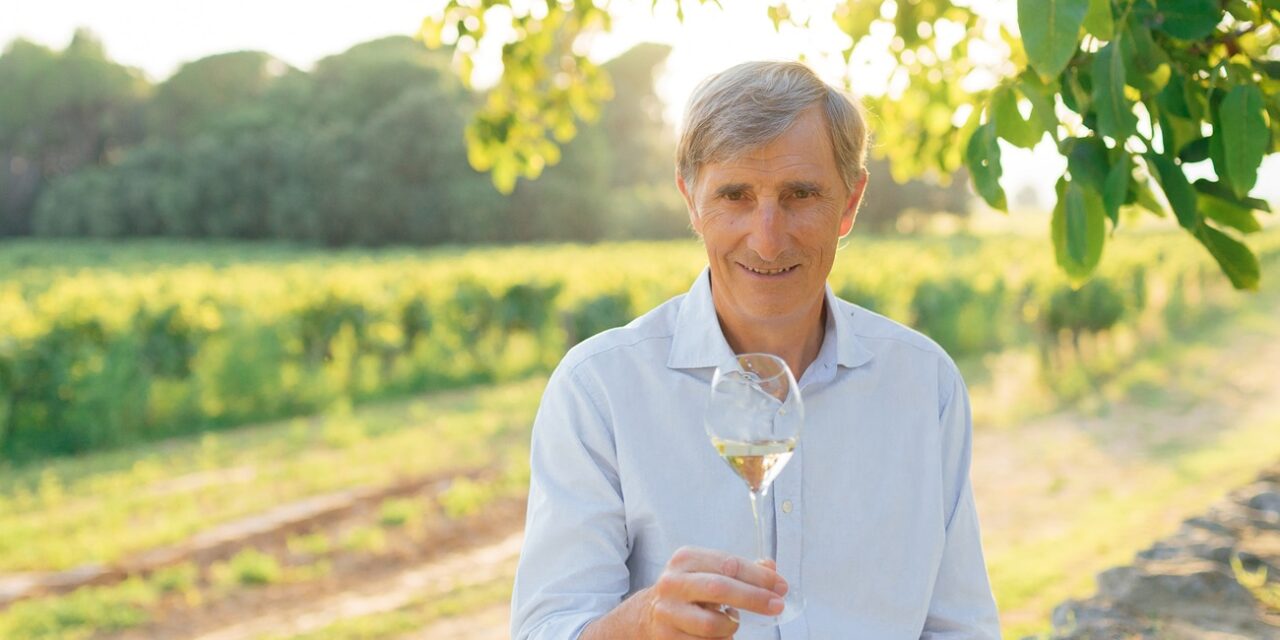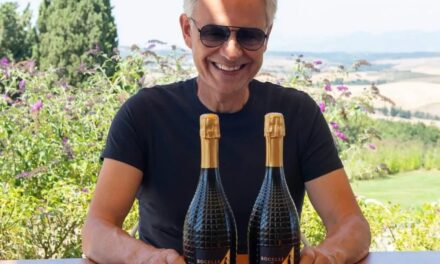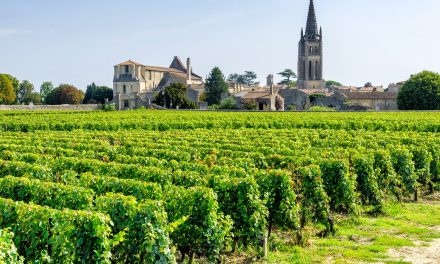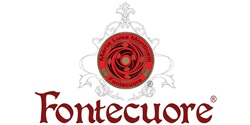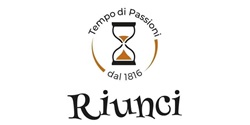By 2025, All Premium Cavas Will Be 100% Organic, Reinforcing a Commitment to Eco-Friendly Winemaking
BARCELONA – The D.O. Cava has set ambitious goals to reinforce its commitment to sustainability:
By 2025, the production of Cavas de Guarda Superior—which includes Reserva, Gran Reserva, and Paraje Calificado categories—will be 100% organic. This initiative mandates that these premium Cavas originate exclusively from certified organic vineyards, underscoring a dedication to environmental stewardship.
Cava’s Commitment to Sustainability: Pioneering Eco-Friendly Practices in Sparkling Wine Production
Cava, Spain’s renowned sparkling wine, is not only celebrated for its effervescence but also for its steadfast commitment to sustainability. The Designation of Origin (D.O.) Cava has been at the forefront of implementing eco-friendly practices, ensuring that the production of this esteemed beverage aligns with environmental preservation and responsible resource management.
Organic Viticulture: A Pillar of Sustainability
Spain leads Europe with nearly 110,000 hectares of certified organic vineyards, a significant portion of which falls under the D.O. Cava. This achievement reflects a collective dedication to organic farming methods that eschew synthetic chemicals in favor of natural alternatives. The European Union’s organic certification guarantees that no chemicals have been used in the vineyard for at least three years, verified through thorough documentation and regular on-site inspections. Additionally, the Catalan Council for Organic Agricultural Production (CCPAE) provides its own certification, ensuring adherence to stringent organic farming standards.
Innovative Agricultural Practices
Several Cava wineries are pioneering innovative agricultural practices to enhance sustainability:
- VRIAACC Project: This initiative involves cultivating indigenous grape varieties resistant to climate change and disease. By reducing the need for treatments like copper and sulfur, the project aims to lower greenhouse gas emissions and minimize soil compaction.
- Parés Baltà Winery: Embracing organic farming, Parés Baltà maintains beehives to aid in pollination and refrains from artificial irrigation, relying solely on natural rainfall. The winery has also restored a century-old terraced plot and fosters biodiversity by creating habitats conducive to local wildlife, including rabbits, foxes, and wild boar.
Technological Integration for Energy Efficiency
Wineries within the D.O. Cava are integrating technology to enhance energy efficiency:
- Photovoltaic Panels: Facilities like Vins el Cep utilize solar energy for self-sufficiency, including cooling cellars. Sumarroca winery’s installation of solar panels and the replacement of light bulbs resulted in a 24% reduction in greenhouse gas emissions from electricity consumption in the first year.
- Geothermal Energy: The Pinord winery’s new premises are equipped with geothermal energy systems, contributing to near-total energy self-sufficiency.
Sustainable Packaging Initiatives
Addressing the environmental impact of packaging, several wineries have taken significant steps:
- Bottle Weight Reduction: Efforts to decrease the weight of Cava bottles, which must be robust to withstand internal pressure, have been successful. For instance, Codorníu’s 11% reduction in bottle weight has led to an annual decrease of 1,000 tonnes of carbon dioxide emissions.
- Recycled and Compostable Materials: The adoption of recycled paper, non-polluting inks, and plant-based plastics for both bottles and packaging is becoming increasingly common, further reducing the environmental footprint.
Conclusion
The concerted efforts of the D.O. Cava and its associated wineries exemplify a profound commitment to sustainability. Through organic viticulture, innovative agricultural practices, technological advancements, and sustainable packaging, the Cava industry is not only preserving the environment but also setting a benchmark for responsible wine production globally.

